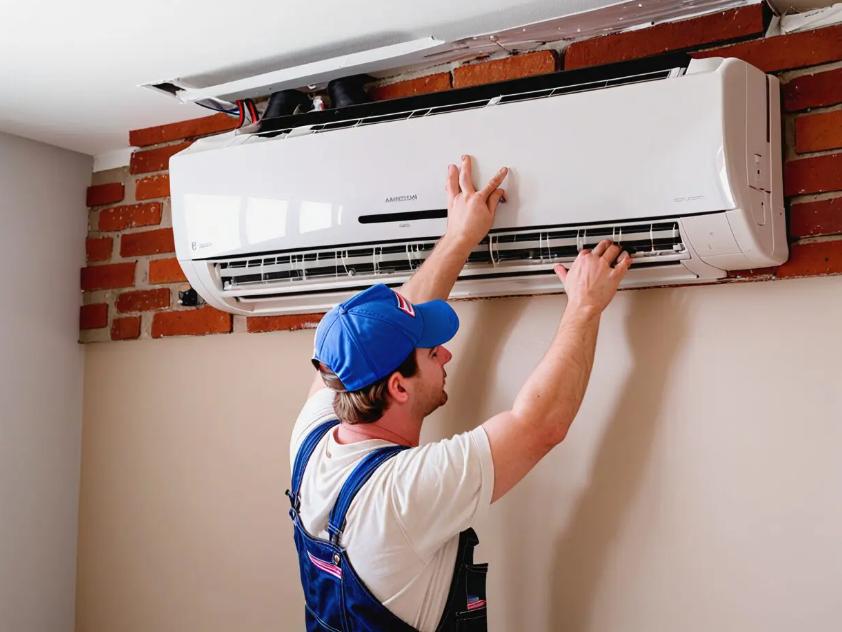As summer approaches, having a reliable air conditioning system becomes essential for maintaining a comfortable home. However, as with any appliance, your residential air conditioning unit may not last indefinitely. Recognising the signs that it’s time for a replacement can save you money on repairs and ensure your home remains cool.
Here are several key indicators to look out for when determining if it’s time to replace your air conditioning system:
1. Age of the Unit
One of the first factors to consider is the age of your air conditioning system. Most units have a lifespan of 10 to 15 years. If your system is approaching or has surpassed this age, it may be time to consider a replacement. Older units tend to lose efficiency, and you may find that replacing it is more cost-effective than ongoing repairs.
2. Frequent Repairs
If you find yourself calling for repairs more frequently, it may indicate that your air conditioning system is on its last legs. While occasional repairs are normal, consistent issues can signal that your unit is struggling to operate efficiently. If the repair costs add up and exceed half the cost of a new unit, replacing it is often the best choice.
3. Inefficient Cooling
If you notice that your air conditioning system struggles to cool your home evenly, it may be a sign that it is failing. Hot spots or inconsistent temperatures in different rooms can indicate that your system is no longer functioning effectively. Upgrading to a new, more efficient unit can help maintain a comfortable temperature throughout your home.
4. High Energy Bills
A sudden spike in your energy bills can also indicate that your air conditioning system is working harder than it should be. As units age, they become less efficient, leading to increased energy consumption. If your energy bills are consistently higher without any changes in usage, it may be time to consider a replacement.
5. Unusual Noises
Unusual noises coming from your air conditioning system, such as grinding, squealing, or clanking, should not be ignored. These sounds can indicate mechanical issues that could lead to more significant problems. If the noises persist, it’s essential to consult a professional. If repairs are necessary, consider whether replacement is a better long-term solution.
6. Foul Odours
Lastly, unpleasant odours emanating from your air conditioning unit can indicate mould or electrical issues. If you notice a musty smell, it may suggest the presence of mould in the ducts or the unit itself. In this case, replacing the system might be necessary to ensure a healthy indoor environment.
Recognising the signs that indicate a need to replace your residential air conditioning system is crucial for maintaining comfort in your home. From age and frequent repairs to inefficient cooling and unusual noises, these indicators can help you make an informed decision.

